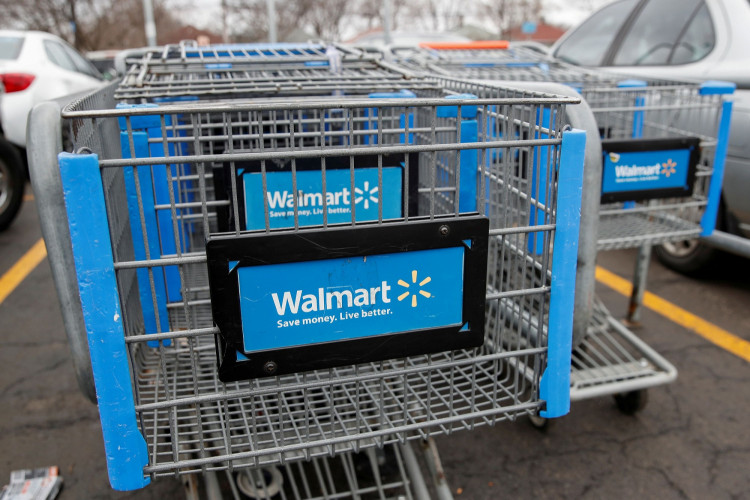With China now on the road to recovery, Walmart has announced that it will be investing up to 3 billion yuan or roughly $424.5 million to put up new stores in the city of Wuhan, the epicenter of the global coronavirus pandemic. According to Walmart China, the company will be putting up at least four new Sam's Club stores, 15 hypermarkets, and additional community stores in the capital of China's Hubei province within the next five years.
Walmart stated that the ambitious expansion plan should greatly enhance its existing retail layout and bring fore vitality to the city's consumption. During an online conference on Wednesday, organized by Walmart and the Wuhan municipal government, the retailer stated that it hopes to aid in the city's recovery after the months-long slump caused by the imposed lockdowns.
The event was established to attract more inventors to support the company's expansion plans. During the event, more than 60 major companies had participated, most of which had expressed interest in supporting Walmart's cause.
The president and CEO of Walmart China, Wern-Yuen Tan, had told participants at the online event that Wuhan is an important strategic market for the company. He added that Walmart has been operating in the city for more than 15 years, making it a part of the local community. The executive noted that Walmart is honored to be part of the community's effort to overcome the challenges posed by the recent health and economic crisis.
During the peak of the coronavirus outbreak in Wuhan, Walmart had been instrumental in providing support to its customers. The company's stores had remained open throughout the ordeal, providing non-stop services from its more than 400 stores across 170 Chinese cities.
It also adhered to all government mandates and made sure that its prices were unaffected by the increased demand. To ensure the health of its employees, Walmart made sure that it carried out continuous in-store sanitation and virus-prevention measures.
By tapping into its global supply chains and rapidly adopting its operations, Walmart was able to aid in increasing the supply of in-demand products during the crisis. The company also tapped into its strong local supply chain, helping source fresh fruits and vegetables from local farms outside the city.
With the help of the local government, Walmart had participated in several government aid projects to mitigate the impact of the virus on Chinese citizens. Some of the projects it had participated in include China's Low Price Vegetable Package and its Reserved Frozen Pork initiative.






